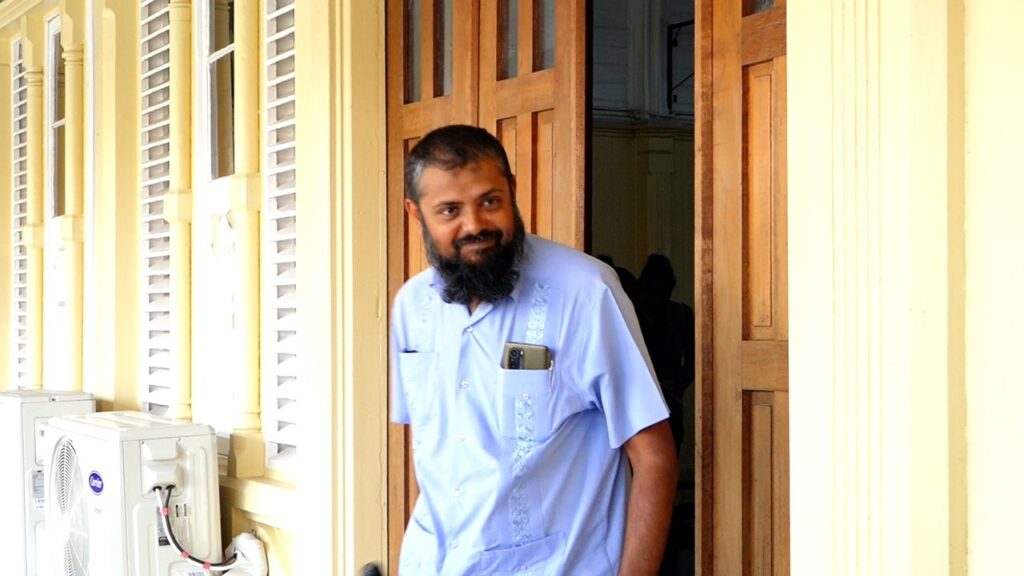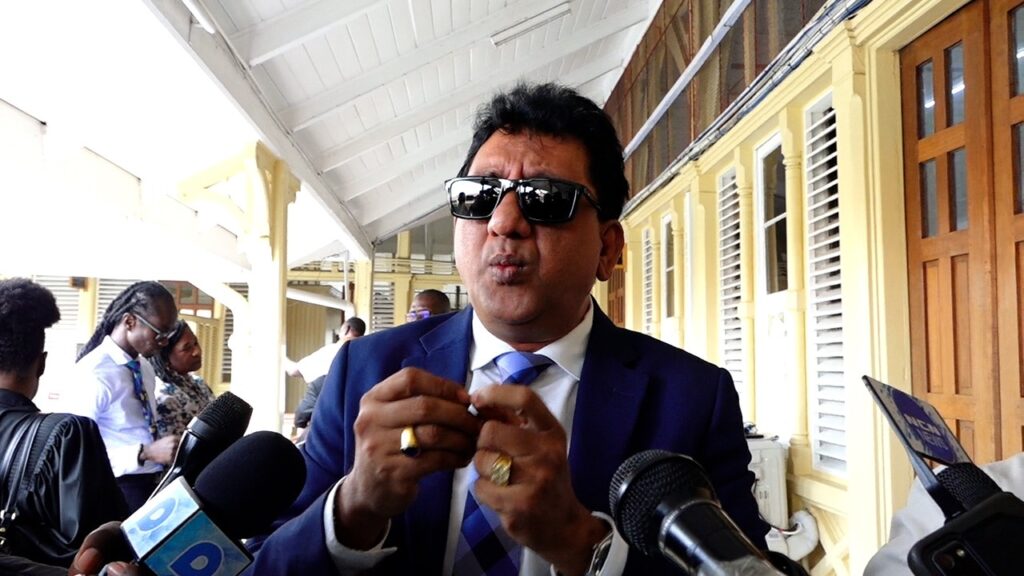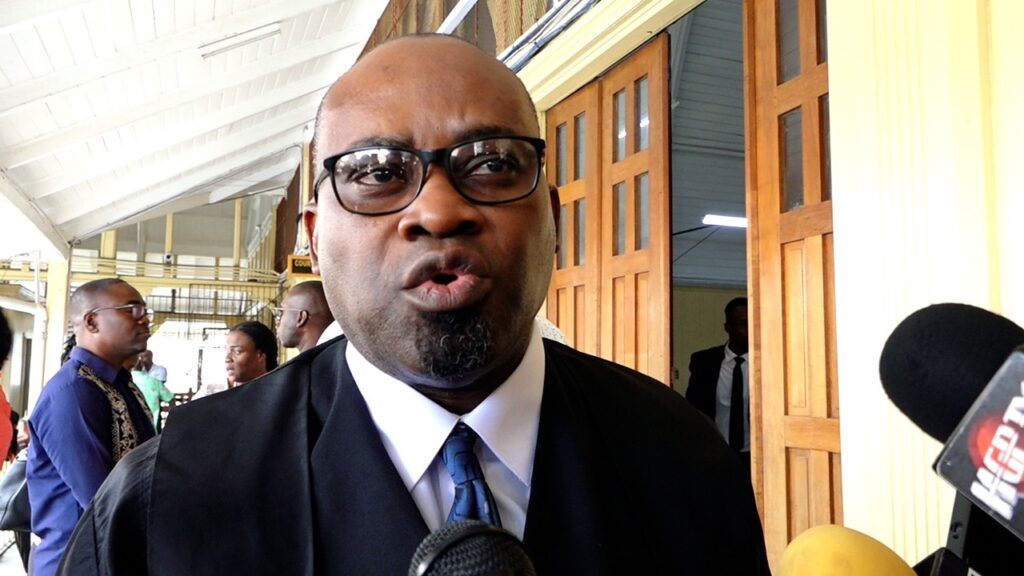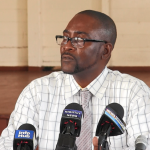
By Svetlana Marshall
High Court Judge Sandil Kissoon shut down the Government’s plans to deduct money from the salaries of teachers who were on strike earlier this year, by declaring that the strike was legal and the right to strike is enshrined in the Constitution.
The Judge also slammed the Government’s decision to discontinue deducting union dues from the salaries of teachers for the union as “arbitrary, unilateral, unconstitutional, and discriminatory”.
In his four-hour decision, the Judge analyzed the Laws and the Constitution of Guyana in addition to a number of landmark judgements and judicial reports, as well as the evidence presented to the Court.
During the earlier hearing of the matter, the Attorney General, Anil Nandlall, had argued that while there was “freedom to strike,” there was no right to strike under the Constitution, and as such the common law principle of “no work, no pay” was justifiably applied by the Government. Justice Kissoon rejected that argument in its entirety.
He said “the right to strike, like the right to engage in collective bargaining, is firmly embedded in the fundamental rights and freedoms guaranteed to every citizen of Guyana under the Constitution of the Co-operative Republic of Guyana”.
Lack of Collective Bargaining
On the issue of collective bargaining, Justice Kissoon found that the Ministry of Education and the Government failed to engage in Collective Bargaining, despite the best efforts of the Union to engage in negotiations on its proposed multi-year agreement for the period 2019-2023, which includes the critical issue of wages and salaries.

The Judge said that between 2020 and the days leading up to the strike in February, “letters were sent to every conceivable person in authority” by the Union, including the President, and there was no evidence of a response, with the exception of the belated response of the Permanent Secretary of Education Ministry, and the Chief Labour Officer.
The Judge also said the President meeting with educators in the absence of union representatives, could not been as any form of collective bargaining. He said many of the decisions taken by the Government were unilateral.
In the case of the Chief Labour Officer, the Judge said there was no evidence that he conducted a “single inquiry” to ascertain when the multi-year proposal was submitted by the Union, and whether the two sides had initiated negotiations. The Judge said instead, the Chief Labour Officer, relying only on correspondences from the Government, concluded that the conditions for conciliation and arbitration had not been met, when those were requested by the Union.
The Judge concluded that the Government, including by the actions of the Chief Labour Officer, had created the condition for industrial action, given its refusal to engage in Collective Bargaining, and matters directly related to wages and salaries.

“The teachers lifted their voices and they asked for bread and they were given stones,” the Judge said.
The Evidence
Justice Kissoon said the Chief Education Officer, Saddam Hussain was not “full and frank” with the Court during his appearance, in an attempt to justify the actions of the Ministry of Education.
The Judge said under the scrutiny of cross-examination, Mr. Hussain bordered on tarnishing the reputation of his Office, adding that the evidence presented to the Court constituted a misrepresentation of the facts, and was found to be “inaccurate and self-serving,” and was further intended to deceive the Court.
“The evidence of the CEO cannot be acted upon or relied upon by this Court,” the Judge said.
The Court also found that the letter of the Permanent Secretary of the Ministry of Education, dated February 6, 2024, which was addressed to the President of the Guyana Teachers’ Union (GTU), included a number of “grave allegations of criminal nature” which were made against the General Secretary of the GTU, without any evidence, and communicated Government’s decision to discontinue to the deduction of Union dues from the salaries of teachers.
“Those allegations, those contentions, those assertions, erroneously, arbitrarily and unilaterally informed a decision based on a false premise, which is unlawful and has to be struck down,” the Judge said.
The Court also found that the evidence presented by the Second Vice President of the GTU, Julian Cambridge was “credible and direct.”

However, he said while Mr. Cambridge was unable to address certain issues regarding discussions between the Union and the Education Ministry, concerns raised were laid to rest when the Chief Education Officer was cross-examined by Senior Counsel Roydale Forde, who represented the Guyana Trades Union Congress in the matter.
The Attorneys for the Guyana Teachers Union and the Guyana Trades Union Congress have welcomed the decision of the Court.
GTU President Mark Lyte said he is pleased with the ruling and he believes it is now time for the Government to act properly.
Mr. Lyte said if the Government continues to ignore the union and its request for collective bargaining, it could find itself facing not only additional Court action, but a much larger strike.



















You must be logged in to post a comment Login